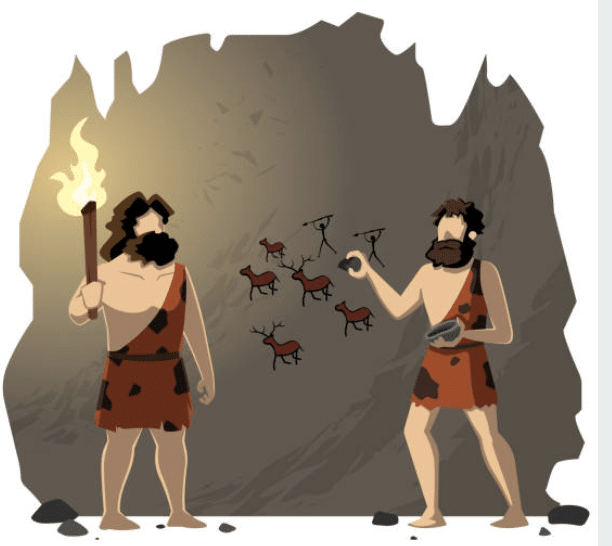
If we ask whether the brilliant people of the ancient cultures were more intelligent than the intellectual giants of recent generations, our best guess is based upon statistics. Probability theory predicts that the best poker hand in 100 will probably be better than the best poker hand in the first 10. Similarly the most intelligent person in a country of 1 billion people will probably be more intelligent than the most intelligent person in a country of 1 million people. Since the world population in 200 BCE is estimated to be about 200 million and the present world population is about 8,000 million, it is likely that those of highest intelligence in recent generations are more intelligent than those of highest intelligence in the ancient world.
Combining this probability argument with Darwin’s principle of natural selection, we might assume that the tribes that had superior intellectual skills and technologies were more likely to prevail and reproduce than tribes of lower average intelligence. We do know that within some societies, those perceived to have the highest intelligence were given special status and encouraged to reproduce. This kind of in-breeding within the society over many generations led to a higher general intelligence in the same way that breeding the fastest thoroughbreds has led to faster horses.
As societies became more intellectually oriented, developing increasingly more sophisticated technologies and building the abstract skills of reading and writing, this environmental stimulation further accelerated the intelligence of young people as their brains advanced through the periods of neural production and pruning. The difference in the cave etchings of primitive populations and the art of the Renaissance reveals human advances in technology as well as the increased sophistication of human perception.
However, when it comes to intellectual acuity, the kind measured by IQ tests, or intellectual creativity, as measured by achievements, the variance among individuals is greater than the variance between the ancient and current populations. For example, great intellects like Thales, Socrates, Plato, Aristotle, Euclid, Confucius, Buddha and others were far more intelligent than most people alive today, yet the average intelligence of today’s population (as measured by IQ tests) probably exceeds the average intelligence of people a few thousand years ago,
Of course, the Flynn Effect and the Reverse Flynn Effect suggest that the average intelligence of a population fluctuates across generations. (See: Are Humans becoming Less Intelligent? – Intelligence and IQ ) Furthermore, cultures vary in their ability to nurture genetic gifts, so there is some variability in average intelligence across cultures. The study of epigenetic effects, whereby genes are “turned on and off” by environmental factors is still in its infancy, and in the years ahead, we may discover a deeper connection between genes and environment.
